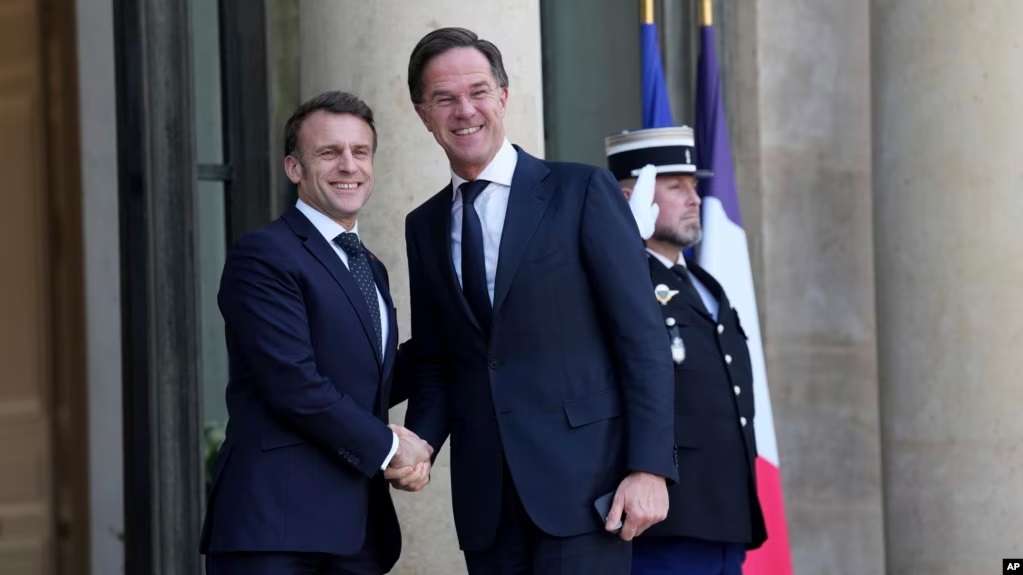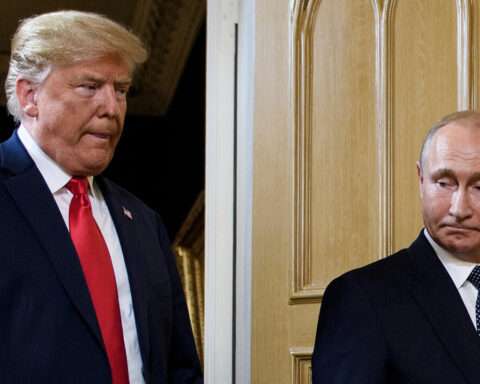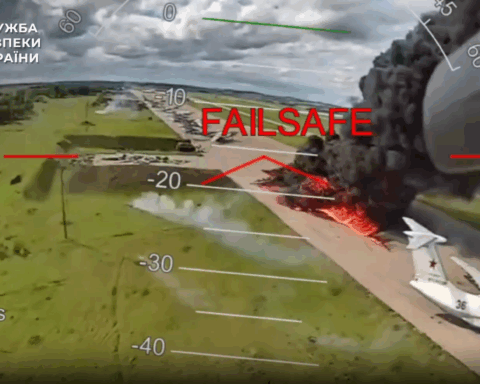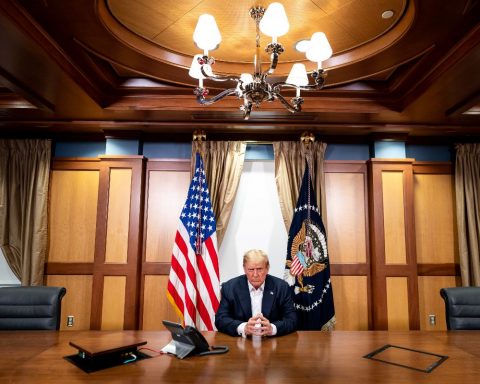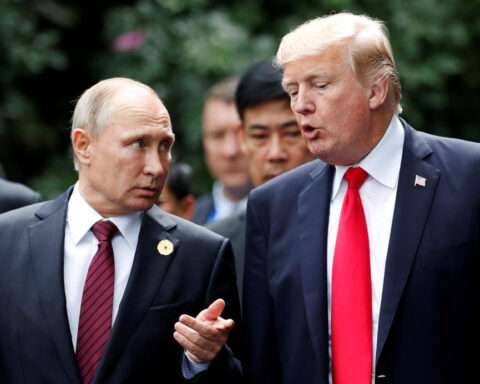London — European leaders held a crisis security meeting Monday in Paris after a blizzard of diplomatic interventions by Washington in recent days that have raised doubts over the U.S. commitment to the transatlantic alliance, the bedrock of European security.
European leaders
British Prime Minister Keir Starmer, German Chancellor Olaf Scholz, NATO Secretary-General Mark Rutte, European Commission President Ursula von der Leyen and other European leaders were among those attending the emergency summit at the Elysee Palace.
Starmer spoke to reporters after the meeting.
“At stake is not just the future of Ukraine. It is an existential question for Europe as a whole and therefore vital for Britain’s national interest,” he said.
“It’s clear the U.S. is not going to leave NATO. But we Europeans will have to do more. The issue of burden-sharing is not new, but it is now pressing. And Europeans will have to step up, both in terms of spending and the capabilities that we provide.”
“Europe must play its role, and I’m prepared to consider committing British forces on the ground alongside others, if there is a lasting peace agreement. … But there must be a U.S. backstop, because a U.S. security guarantee is the only way to effectively deter Russia from attacking Ukraine again,” Starmer told reporters in Paris.
Scholz, who faces elections at the end of this week, echoed calls for Europe and Ukraine to be part of the peace talks.
“It is now very clear to us that we must continue to support Ukraine. And it must and can rely on us that this will be the case. We welcome the fact that there are talks on peace development, but it must be and is clear to us — this does not mean that there can be a dictated peace and that Ukraine must accept what is presented to it,” Scholz said.
Ukraine aid
A series of policy shifts by Washington over the past week have transformed Europe’s geopolitical calculations.
U.S. Defense Secretary Pete Hegseth told NATO allies last week that Europe must provide the overwhelming share of aid for Ukraine as it fights Russian invaders.
“Now is the time to invest, because you can’t make an assumption that America’s presence will last forever,” Hegseth said in a Friday speech in Warsaw.
“The reality that returning to 2014 borders as part of a negotiated settlement is unlikely. The reality of U.S. troops in Ukraine is unlikely. The reality of Ukraine membership in NATO as a part of a negotiated settlement, unlikely,” Hegseth said.


